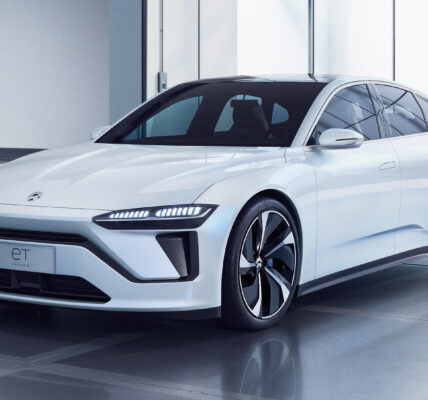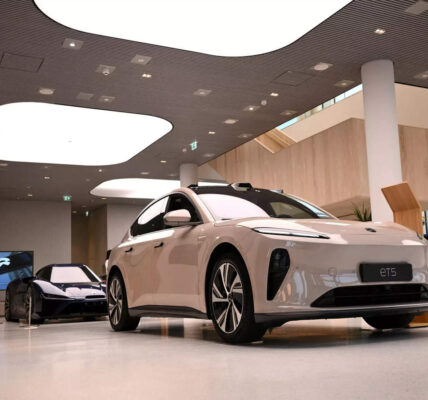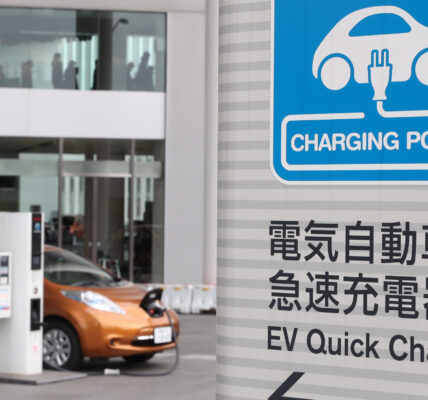As Electric Cars Boom, Locals Fear Chinese Battery Plant Will Harm Land In Drought-Stricken Hungary
Just beyond the pastoral gardens and traditional homes of an eastern Hungarian village, a gigaproject of Chinese industry is taking shape.
Bulldozers and excavators are already preparing the land for construction of a nearly 550-acre electric vehicle (EV) battery plant. The 7.3 billion euro ($7.9 billion) factory will be one of Hungary’s largest-ever foreign investments, and the government hopes it will make the Central European country a global hub of lithium-ion battery manufacturing in an era where governments are increasingly seeking to limit greenhouse gas emissions by switching to electric cars.
But residents, environmentalists and opposition politicians worry that the sprawling factory — built by China-based Contemporary Amperex Technology Co. Limited (CATL) — will exacerbate existing environmental problems, hit the country’s precious water supplies and further undermine its economy to China.
“You have this viscerally bad feeling when you walk past the area where they are building. I simply feel this bad feeling in my stomach,” said Eva Kozma, 47, a local mother who has joined with other residents of a village near the building site to oppose the project.
“This is progress, this is the future? Pouring concrete over nature while we know how polluting the factory is going to be?” she said.
Kozma and others on the outskirts of Debrecen, Hungary’s second-largest city, say they were blindsided by the announcement that the factory would be built on valuable agricultural land. They fear that the large quantities of water diverted to the plant for cooling equipment will threaten their water supply, and that chemicals from the plant could leech into the soil and water, damaging the region’s natural resources.
That region, the Great Hungarian Plain, is threatened by desertification, a process where vegetation recedes due to high heat and low rainfall. Climate change-driven droughts and record heat waves in the area have compounded heavy water use by agriculture and depleted groundwater, resulting in devastating crop yields.
Last year, Hungary experienced its hottest summer on record, and nearly 2.5 million acres, or 20% of the country’s croplands, dried out. Experts say that unless a comprehensive water retention plan is enacted, much of the region will soon be unsuitable for agriculture.
Yet despite these environmental struggles, Hungary’s government believes that the European Union’s ambitions to phase out the manufacture of internal combustion engine vehicles by 2035 present a unique opportunity for the country to take its place as a leader in EV battery production, and has embarked on a major push to attract such investments.
And there will likely be buyers: transport represents nearly a quarter of Europe’s greenhouse gas emissions, and more than 70% of those emissions are caused by road transport. If the EU is to reach its goal of net zero emissions by 2050, EVs will play a pivotal role.
CATL’s 100 GWh battery plant in Debrecen, which is expected to create around 9,000 jobs, is the largest of a number of EV battery factories popping up around the country, part of the government’s strategy to serve foreign car manufacturers present in Hungary — like German carmakers Audi, BMW and Mercedes-Benz — as they transition to battery-powered vehicles.







